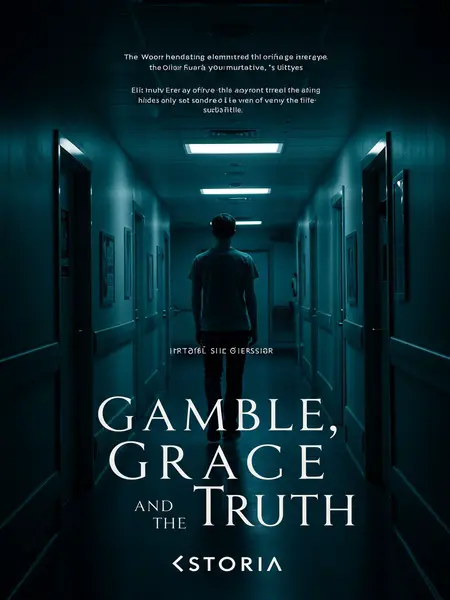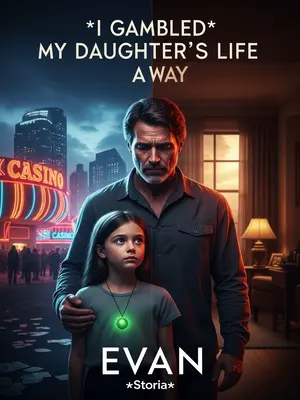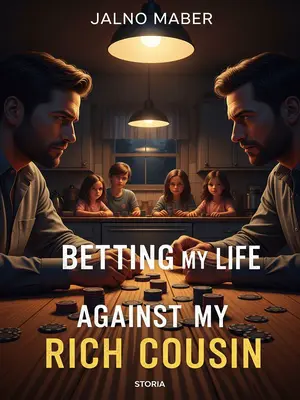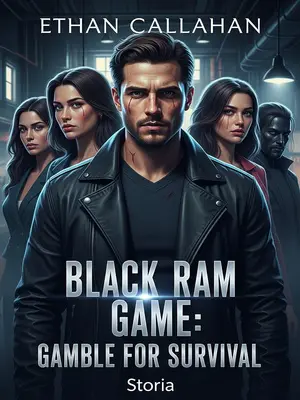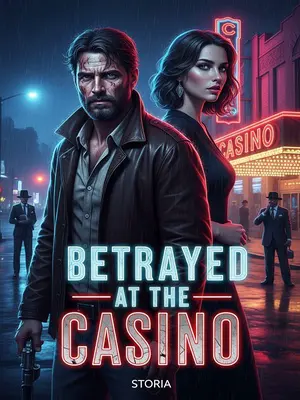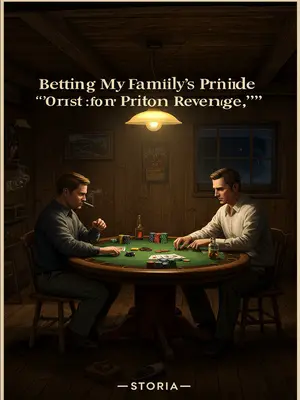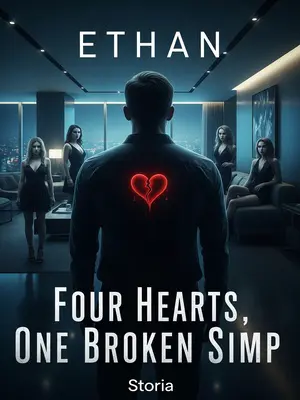Chapter 5: Columbus Calls, Biloxi Answers
At that time, I got a chance to go to Columbus. The pay was low, but the opportunities were great.
I stared at the job offer, weighing every word. It sounded like entry-level editorial hustle—coffee runs, pitches, maybe a shared desk in a Short North co-work space—but Columbus shimmered with promise.
After agonizing over it, I called Travis.
I paced my bedroom, phone pressed to my ear. The conversation was awkward, but necessary. I needed advice, and despite everything, Travis was still the one I trusted.
I hated myself for it—I looked down on him, but when something happened, he was the first person I thought of.
Some ties just never break, no matter how badly you want them to.
“Should I stay home or go to Columbus?” I asked.
My voice trembled, unsure. Travis took a long pause, then spoke with conviction.
He said, “Eli, you have to go to Columbus. I’ll help with the money. I’ve always said, you’re different from us country bumpkins—you can really make something of yourself. Go to Columbus, sell your books at Barnes & Noble, write TV scripts for NBC.”
His words gave me courage, the old spark returning. I imagined myself in coffee shops, writing, the city unfolding around me.
That night, he transferred $3,000 to my account.
I stared at the notification, gratitude and guilt mixing. It was more than money—it was a lifeline, a vote of confidence.
That same night, I bought a bus ticket—Greyhound overnight, twenty-three hours of stiff seats and stale pretzels.
There were layovers and fluorescent stations. I scribbled notes for a new story, dreaming of what lay ahead.
I was moved, but kept telling myself, “He treats Savannah like that—are you really going to be bought off by this little favor?”
I wrote “IOU—Travis $3,000” in my notebook and underlined it twice, trying to keep my moral bearings.
As if his support for me wasn’t a favor...
The thought nagged at me, refusing to be dismissed. Maybe I needed him more than I wanted to admit.
Sure enough, after making some money, Travis started gambling again.
It was a cycle I couldn’t break. He fell right back into old habits, chasing losses with reckless abandon.
He gambled day and night, often spending the night at the karaoke manager’s place.
Savannah knew, but she never said a word. She focused on Grace, building a world where pain was private.
He lost a lot and got desperate to win it back, taking bigger risks, and was double-crossed on a job out of town.
There was talk of phantom escrow, skimming he didn’t see coming, a pit boss who “already knew.” Travis came home broken, barely speaking.
He lost everything, even the deposit he had in Atlantic City.
The house went quiet, the car repossessed. Savannah packed away dreams, one box at a time.
He was depressed for a long time, lying around at home. Savannah washed his clothes and cooked for him without complaint, only saying, “We can always earn money again, as long as you don’t gamble anymore.”
She sounded weary, but hopeful. I wondered how she kept going, how she found light in the darkness.
By then, Marcus was already making it big in Biloxi.
He didn’t run the tables; he worked them—first as a pit boss trainee, then as a comp host. The photos looked like success without the risk.
He heard about Travis’s situation and asked him to come work there. It was dangerous, but at least he could hide from creditors and save some money.
Travis hesitated, but Marcus insisted. “You owe it to Grace,” he said. Eventually, Travis packed up and left.
Before leaving, Travis texted every creditor:
Give me half a year. Don’t bother Savannah and Grace.
It was a bold group text, but it bought them time. Savannah held onto hope, even as the days dragged on.
Marcus became Travis’s boss.
It was strange, seeing the tables turn. Marcus called the shots, Travis followed orders. Maybe this time, things would change.
I told Marcus, “If you can help him quit gambling, I’ll write your autobiography.”
He laughed, “Put me down for a fat advance and royalty splits.” He sent me two Venmo payments, grinning through emojis, and agreed.
A week later, I called. It was noisy—he said he was playing a few rounds with Travis.
The background buzzed with slot machines and cheers. I heard Travis laughing, for once sounding like his old self.
That’s when I realized how naive I was—quitting gambling is almost impossible, but picking it up is all too easy.
The truth was painful. I wished I could do more, but distance and time kept me on the sidelines.
I warned him, “If Travis doesn’t save enough for Grace’s surgery, don’t bother contacting me when you get back.”
My words were sharp, but Marcus just laughed. “Don’t worry, man. I’ve got this.”
Marcus said, “Don’t worry. Let’s talk when I have time, gotta go.”
He hung up, the promise lingering. I hoped, but didn’t believe.
